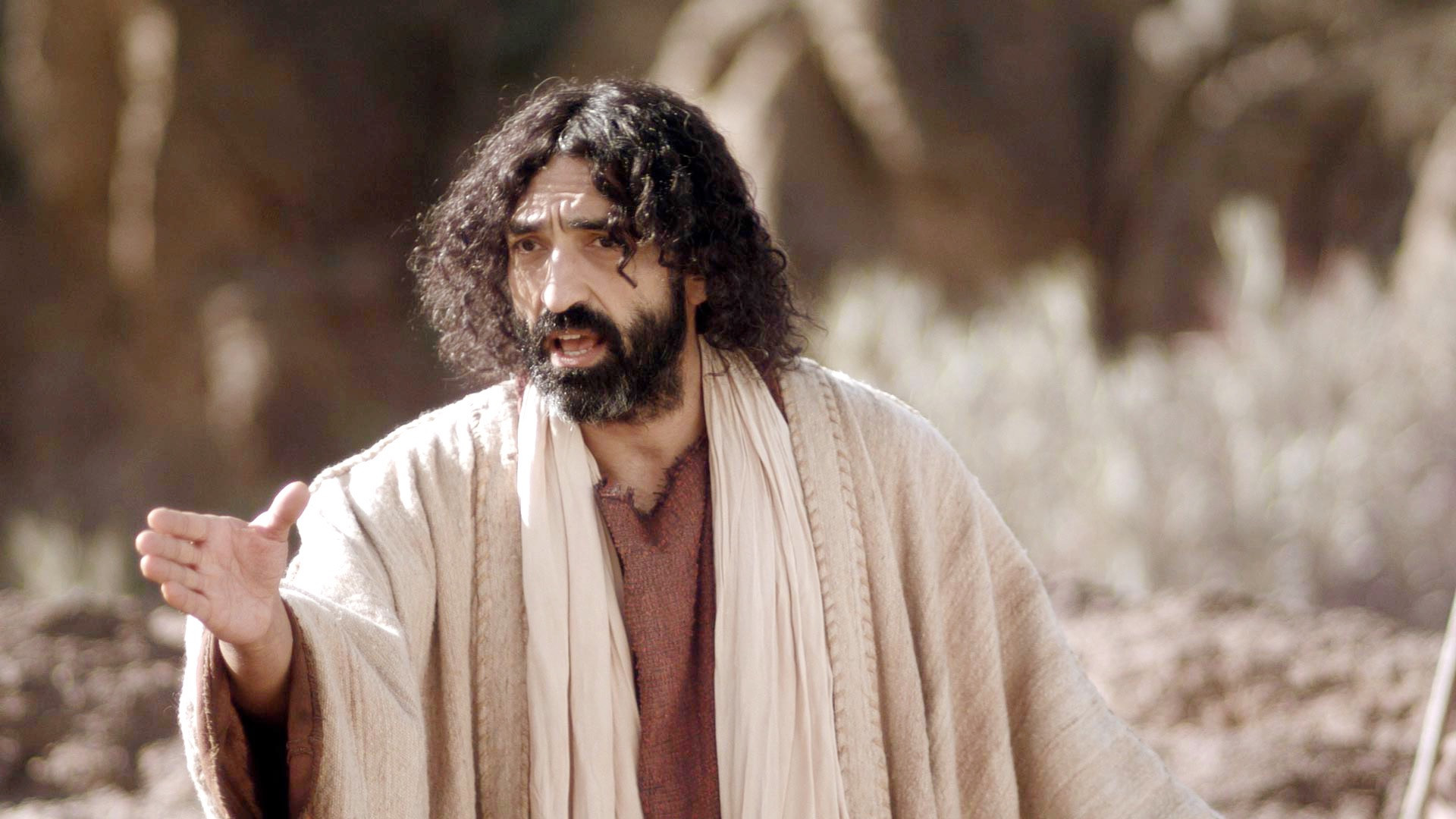
John 6:35, 41-51
Proper 14B
35 JesusA said to them, “I am the breadB of life.C
Whoever comes to me will never be hungry,D and whoever believesE in me will never be thirsty.F
41 Then the JewsG began to complainH about him because he said, “I am the bread that came downI from heaven.”J
42 They were saying, “Is not this Jesus, the sonK of Joseph,L whose fatherM and mother we know?N How can he now say, ‘I have come down from heaven’?”
43 Jesus answered them, “Do not complain among yourselves. 44 No one canO come to me unless drawnP by the Father who sentQ me; and I will raise that person upR on the lastS day.
45 It is writtenT in the prophets,U ‘And they shall all be taughtV by God.’W Everyone who has heardX and learnedY from the Father comes to me.
46 Not that anyone has seenZ the Father except the one who is from God; he has seen the Father. 47 Very truly,AA I tell you, whoever believes has eternalBB life. 48 I am the bread of life.
49 Your ancestorsCC ateDD the mannaEE in the wilderness,FF and they died.GG
50 This is the bread that comes down from heaven, so that one may eat of it and not die. 51 I am the livingHH bread that came down from heaven. Whoever eats of this bread will live forever;II and the bread that I will giveJJ for the life of the worldKK is my flesh.”LL
Image credit: “General Images of Jesus Teaching” by the LUMO Project.
